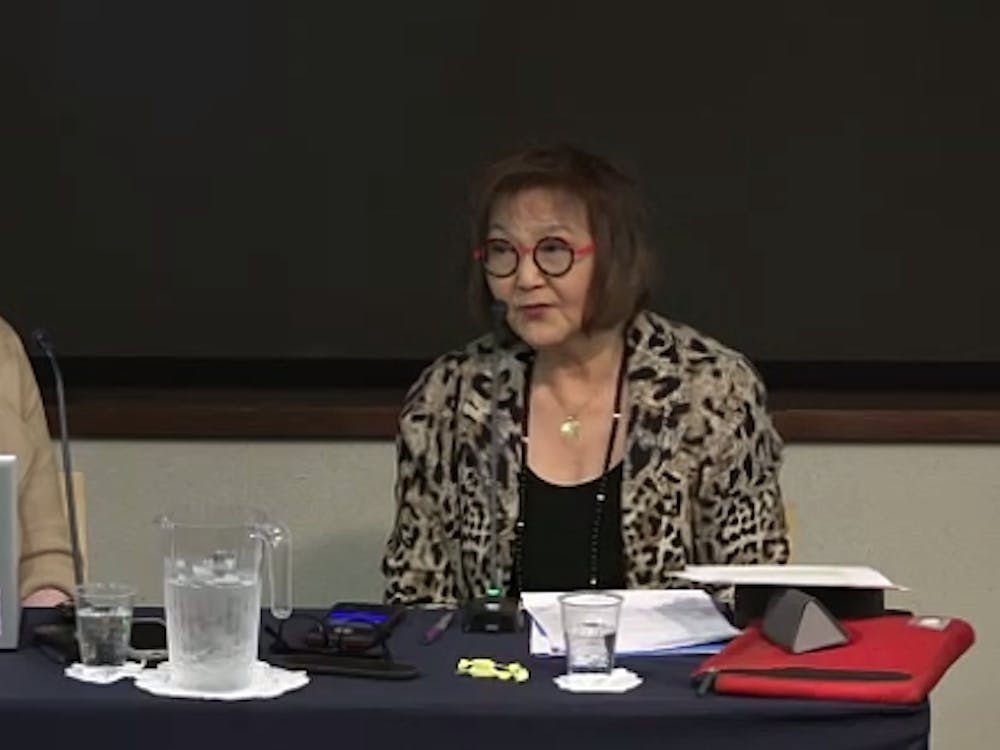2014 saw the deadliest and most widespread Ebola epidemic in history. It was the first to occur in West Africa as well as the first and only Ebola outbreak ever to reach epidemic proportions. The epidemic began in Guinea in December 2013 and soon spread to neighboring Liberia and Sierra Leone, as well as to other West African nations. As of Feb. 3, a total of 9,019 deaths due to this epidemic of Ebola have occurred with Guinea, Sierra Leone and Liberia bearing the overwhelming majority of the disease’s burden.
However, more than a year after the outbreak began and nearly six months after it reached its height, life is finally inching back to normal in Liberia. Although the country is still not free of Ebola, people are coming out and resuming their normal daily activities again. Dead bodies no longer litter the streets and children are returning to school.
According to the World Health Organization (WHO), new Ebola cases in Liberia now number in the single digits. In Sierra Leone and Guinea, the number of new cases totaled fewer than 100 per week at the end of January. Last month, the WHO announced that it is now focusing on ending the Ebola epidemic, a step up from the previous goal of simply slowing the disease’s spread.
With the recent development of a new Ebola vaccine, the WHO’s new goal may be well within reach. Co-developed by the United States’s National Institutes of Health (NIH) and GlaxoSmithKline (GSK), a pharmaceutical company, the candidate Ebola vaccine is designed to protect against the Zaire strain, which is the strain that caused the 2014 outbreak in West Africa. The vaccine does not cause an immunized person to become infected with Ebola since the vaccine itself does not contain any infectious material.
Last month the first results from a trial at the University of Oxford involving a possible Ebola vaccine were favorable, indicating that the vaccine is able to generate an immune response to the Ebola virus. The doses tested also met safety standards.
Led by Adrian Hill of Oxford’s Jenner Institute, the trial researchers suggest that the results demonstrate that the vaccine is suitable for field-testing in West Africa during the ongoing Ebola epidemic. The researchers are currently trying to determine whether the vaccine can provide future protection against Ebola.
The primary goal of the trial was to assess the safety of the vaccine. Between Sept. 17 and Nov. 18 of last year, 60 healthy volunteers were vaccinated with one of three different doses of the vaccine. 20 volunteers received a low-dose vaccine, 20 received a middle-dose vaccine and 20 received a high-dose vaccine. The volunteers tolerated the vaccine well at all three doses. Generally, they reported experiencing mild side effects that lasted for one or two days after vaccination, much like people would for any other vaccine, such as the flu shot.
Throughout the trial, the researchers also assessed the immune responses to Ebola in volunteers before and after vaccination. Of particular significance is that the vaccine produced immune responses against Ebola in the volunteers.
The volunteers experienced increases in antibody levels over a period of 28 days following vaccination, with no significant differences in antibody levels at different vaccine doses.
Cellular immunity — determined by T-cell count — peaked at 14 days after vaccination.
Hill suggests that the trial’s results regarding the strong safety profile of the vaccine are very encouraging. However, he is less confident about the trial’s results regarding immune response generation, suggesting that it is difficult to be confident that the levels of the immune responses produced would have a protective effect against Ebola in the midst of the epidemic.
Both Hill and Jeremy Farrar, the director the Wellcome Trust, agree that larger trials and more trials, especially field trials in West Africa, are needed as soon as possible to accurately assess the efficacy of the vaccine in preventing Ebola infection.
With such advancements in the development of a vaccine against Ebola, the WHO’s vision of an Ebola-free tomorrow has become increasingly visible on the horizon.




